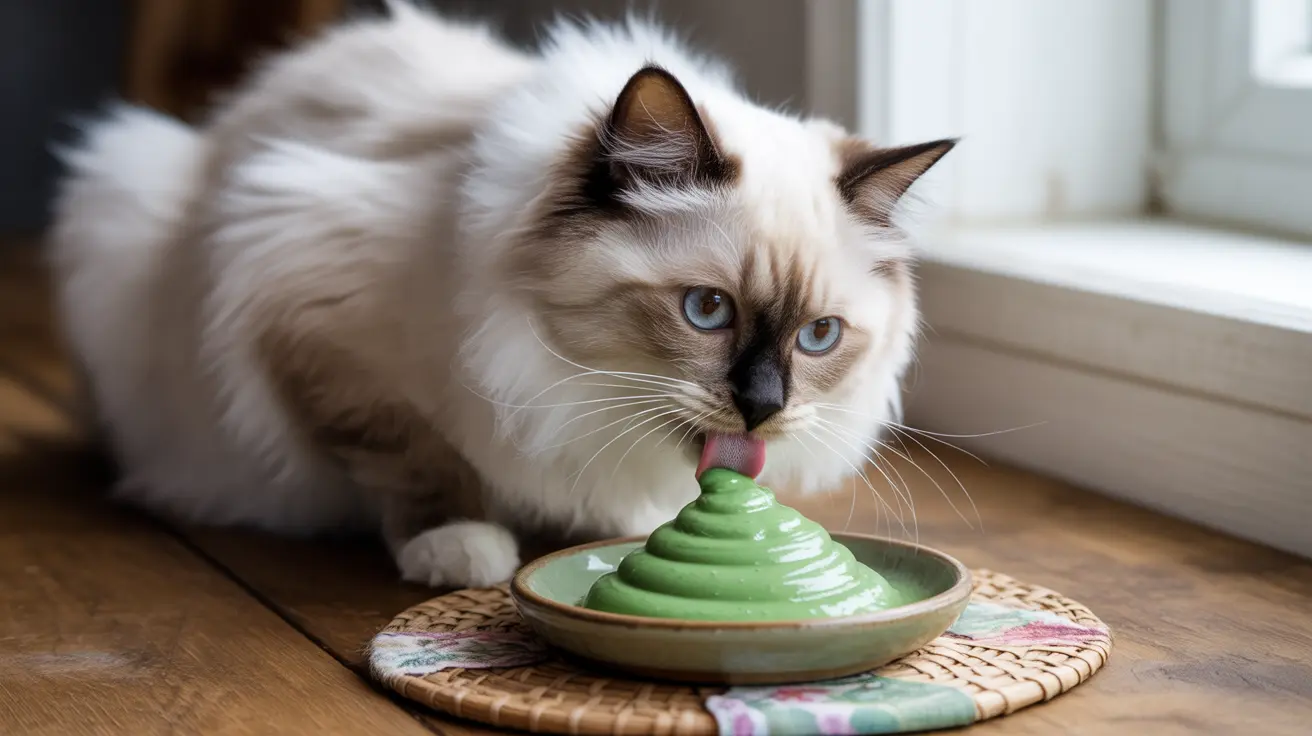Understanding Lysine Supplements for Cats
L-lysine is an essential amino acid that plays a crucial role in feline health, particularly in supporting immune function and managing symptoms of feline herpesvirus (FHV-1). Since cats cannot produce lysine naturally in their bodies, they must obtain it through diet or supplementation.
As a cat owner, you may have heard about lysine supplements being recommended for various feline health issues. This comprehensive guide will explore everything you need to know about lysine for cats, from its benefits and proper dosage to potential side effects and latest research findings.
How Lysine Works in Cats
Lysine functions primarily by competing with another amino acid called arginine, which viruses need for replication. In theory, by providing additional lysine, you may help reduce the severity of viral infections, particularly FHV-1, which affects many cats worldwide.
This amino acid also supports various biological processes, including:
- Protein synthesis and muscle development
- Collagen formation for healthy skin and coat
- Calcium absorption
- Overall immune system function
Proper Dosage and Administration
The recommended lysine dosage varies depending on your cat's age and condition:
- Adult cats: 250-500 mg daily, divided into two doses
- Kittens: 205-250 mg daily
- Cats with active FHV-1 symptoms: Up to 1000 mg daily (under veterinary supervision)
Lysine supplements come in several forms to suit different cats' preferences:
- Flavored powder to mix with food
- Chewable tablets
- Gel or paste formulations
- Crushable tablets
Benefits and Limitations
While many cat owners and some veterinarians advocate for lysine supplementation, it's important to understand both its potential benefits and limitations:
Potential Benefits
- May help reduce FHV-1 symptoms
- Supports overall immune function
- Generally safe for long-term use
- Available in cat-friendly formulations
Current Research Findings
Recent studies have shown mixed results regarding lysine's effectiveness. While some cats show improvement with supplementation, others may not respond as well. This variability has led to ongoing debate in the veterinary community about its universal recommendation.
Safety Considerations and Side Effects
Although lysine is generally considered safe for cats, there are some important considerations:
Common Side Effects
- Digestive upset
- Decreased appetite
- Soft stools or diarrhea
- Occasional skin reactions
More serious concerns include potential interference with arginine absorption, though this is rare with proper dosing. Always monitor your cat for any adverse reactions when starting supplementation.
When to Consider Lysine Supplementation
Lysine may be particularly beneficial for cats:
- Diagnosed with FHV-1
- Showing recurring upper respiratory symptoms
- Living in multi-cat households
- Experiencing stress-related health issues
- Recovering from illness or surgery
Frequently Asked Questions
What are the benefits of lysine for cats with feline herpesvirus (FHV-1)?
Lysine may help reduce the severity and frequency of FHV-1 symptoms by interfering with viral replication. While results vary among individual cats, some may experience improvements in eye discharge, sneezing, and general respiratory symptoms.
How do I administer lysine to my cat effectively to minimize side effects?
Start with a lower dose and gradually increase to the recommended amount. Mix powder forms with wet food or use specially formulated treats. Divide daily doses into two administrations to improve tolerance and absorption.
What are the potential side effects of lysine supplementation in cats?
Common side effects include digestive upset, decreased appetite, and occasional diarrhea. Most side effects are mild and resolve with proper dosing or discontinuation.
Can lysine prevent or cure feline herpesvirus in cats?
Lysine cannot prevent or cure FHV-1, as it's a lifelong virus. However, it may help manage symptoms and reduce the frequency of flare-ups in some cats.
How long does it take for lysine to show its full effects in cats?
Response times vary, but most cats that respond to lysine supplementation show improvement within 2-3 weeks of consistent use. Some may notice changes sooner, while others might take longer to show benefits.
Conclusion
While lysine supplementation remains a popular choice for supporting feline health, particularly in cats with FHV-1, its effectiveness varies among individual cats. Always consult with your veterinarian before starting any supplement regimen, and monitor your cat's response carefully. Remember that lysine is just one tool in maintaining your cat's overall health and should be part of a comprehensive care approach.






